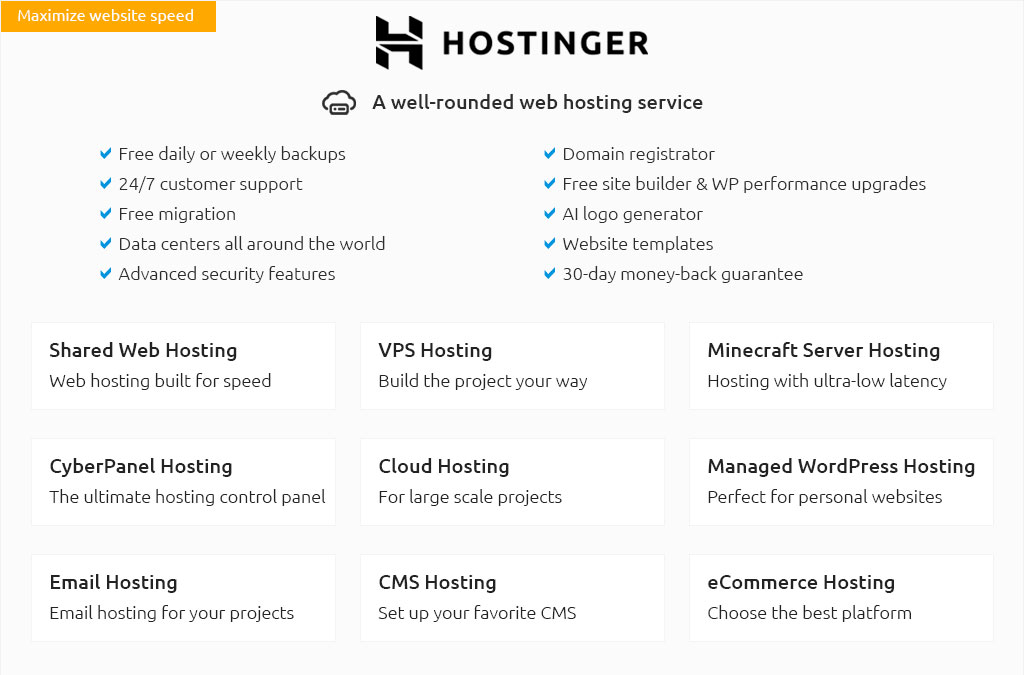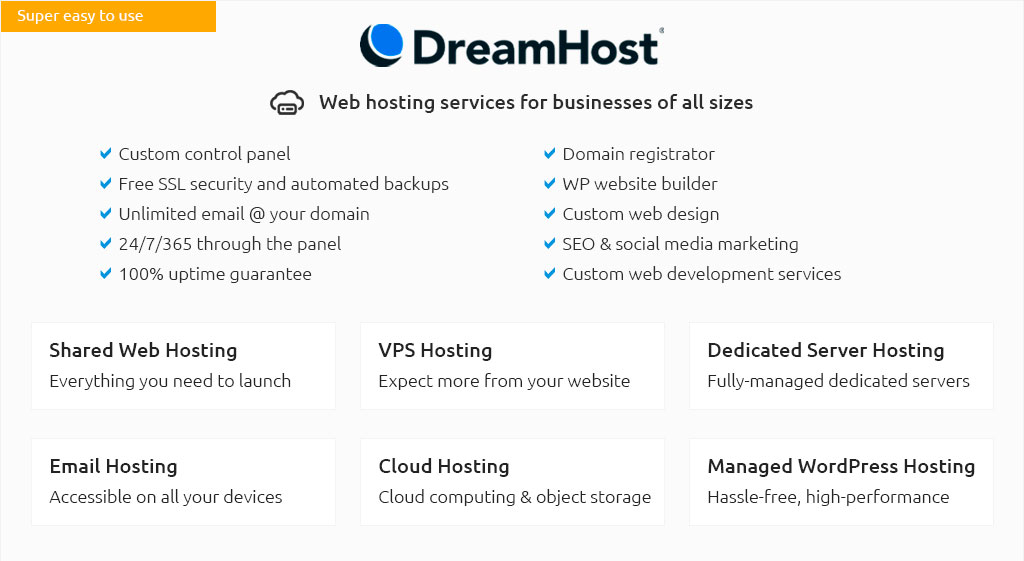 |
|||
 |
 |
 |
|
 |
|
 |
 |
 |
|||
 |
|||
 |
|||
 |
|||
 |
 |
Understanding the Power and Potential of Dual Xeon Dedicated ServersIn the ever-evolving landscape of information technology, the dual Xeon dedicated server stands out as a formidable choice for businesses and individuals alike who seek performance, reliability, and scalability. These servers, powered by Intel's Xeon processors, offer a unique blend of features that cater to high-demand computing environments, making them an ideal solution for those who need to handle intensive workloads efficiently. The choice of a dedicated server is often guided by the specific needs of the user, and a dual Xeon setup is no exception. What makes these servers particularly appealing is their ability to host two processors, effectively doubling the core count and, consequently, the processing power available to the user. This is an invaluable feature for applications that require substantial computational resources, such as data analysis, virtualization, and hosting complex databases. The dual processor configuration allows for enhanced multitasking capabilities, ensuring that demanding applications can run smoothly without the risk of bottlenecking, which is a common issue in single processor systems. One of the notable advantages of opting for a dual Xeon dedicated server is the increased reliability and stability it brings to the table. Enterprises today cannot afford downtime, as it can lead to significant financial losses and damage to reputation. The redundancy provided by a dual processor setup ensures that even if one processor fails, the server can continue to function, minimizing the risk of catastrophic failure. Moreover, Intel's Xeon processors are engineered with features like Error-Correcting Code (ECC) memory support, which helps in detecting and correcting data corruption, thus enhancing the overall reliability of the server. Another compelling reason to consider dual Xeon dedicated servers is their scalability. As businesses grow, their computing needs expand, and the ability to scale effectively without the need for a complete overhaul of infrastructure is crucial. Dual Xeon servers can accommodate additional resources, such as increased RAM and storage, which allows businesses to scale their operations smoothly and cost-effectively. This scalability makes them a future-proof investment, providing peace of mind that the infrastructure will support growth without requiring significant additional expenditure. While the initial investment for a dual Xeon dedicated server might be higher compared to other options, the long-term benefits often outweigh the costs. For businesses that prioritize performance and reliability, the enhanced processing power, coupled with features like hyper-threading and larger cache sizes, can lead to improved application performance and faster data processing times. This can result in significant efficiency gains and a better user experience for end-users. It's worth noting that not every business may need the capabilities of a dual Xeon server, and the choice should be made after a thorough analysis of the specific needs and goals. However, for those who require the utmost in performance and reliability, these servers represent a compelling choice. As technology continues to advance, the role of dual Xeon dedicated servers in supporting the backbone of digital transformation efforts is likely to grow, making them an integral part of modern IT strategies.
In conclusion, a dual Xeon dedicated server is a robust solution for those who need uncompromised performance and reliability. While they may not be the right fit for every scenario, their capabilities make them an invaluable asset in the right context, ensuring that businesses can handle today's challenges and prepare for tomorrow's opportunities. https://www.interserver.net/dedicated/2-x-xeon-gold-6230r-8sff
These are HP DL360 Gen10 dedicated servers with dual Xeon Gold 6230R CPUs. These CPUs have 26 cores each for a total of 52 cores. They come loaded with 128GB ... https://www.bacloud.com/en/dual-dedicated-servers
Dual processor Dedicated Servers with Linux and Windows Operating Systems for Business, Accounting, Web Projects, Database Support. https://www.nocix.net/dedicated/
Dual Xeon 5150 120GB SSD + 1TB Preconfigured 2.66GHz - 2 processors 4 Cores ...
|